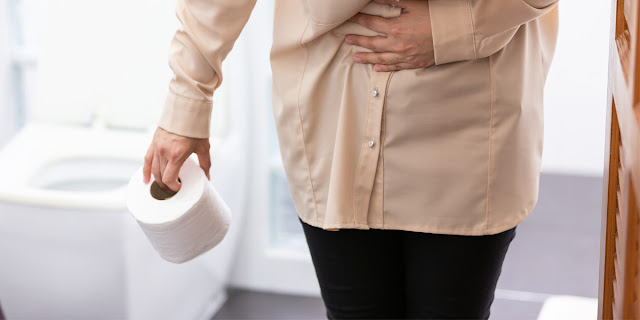Tips for Managing Diarrhoea
 |
| Diarrhoea symptoms |
Diarrhoea causes three or more loose, watery stools a day, is common and can be classified as acute, persistent, or chronic. It is quite a common symptom of major infections that you may catch while travelling. Getting vaccinated before travelling from any reputed travel clinic in Tooting or travel clinic in Wimbledon is a wise choice.
Causes of diarrhoea
Viral infections cause most cases of diarrhoea. Diarrhoea
symptoms include frequent, watery bowel movements, abdominal cramps, and mild
fever. Viral diarrhoea generally lasts approximately three to seven days.
Rotavirus, Adenovirus and Norovirus are the common causes of diarrhoea.
Bacterial infections cause more severe cases of infectious diarrhoea.
Typically, infection with bacteria occurs after eating contaminated food or
drinks (food poisoning).
Parasites, reaction to certain medications, intolerance to
allergic foods, alcohol abuse, Diabetic diarrhoea, etc. are among the few other
causes of diarrhoea.
Helpful Hints for
Controlling Diarrhea
●
Individuals vary in their tolerance to foods. Avoid
foods which cause cramping, gas or diarrhoea.
●
If you have cramps, avoid foods which may produce gas
such as carbonated drinks, beans, beer, cabbage, cauliflower, broccoli, highly
spiced foods and chewing gum.
●
Food at room temperature may be better tolerated than
hot or cold foods.
●
Diarrhoea can lead to dehydration associated with loss of
essential minerals. Replace fluid and minerals with liquids such as water,
broth, fruit juices, sports beverages and popsicles.
●
Potassium is an essential element for your body. It may
be lost in great quantities through diarrhoea. If you don't have enough
potassium, you may feel weak. When you have diarrhoea, eat some foods high in
potassium, such as ripe bananas, peach nectar or apricot, potatoes, fish and
meat.
●
Drink fluids between your meals.
●
Fatty foods like fried foods, sauces, gravies and salad
dressings and highly spiced foods may not be well tolerated. Cutting down on
these foods may help control diarrhoea.
●
Eat small amounts of food frequently.
●
Avoid foods or juices which have a laxative effect such
as prunes and prune juice.
●
If you don't drink milk regularly, avoid dairy products
when you have diarrhoea.
Use well-cooked, tender meats such as tender
cuts of baked, broiled, creamed or roasted beef, lamb, liver and pork as well
as chicken, fish, crisp bacon and smooth peanut butter.

Comments
Post a Comment